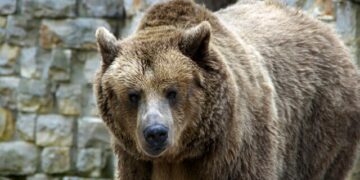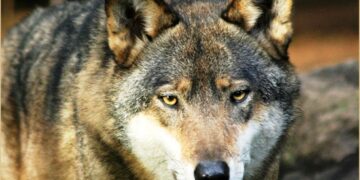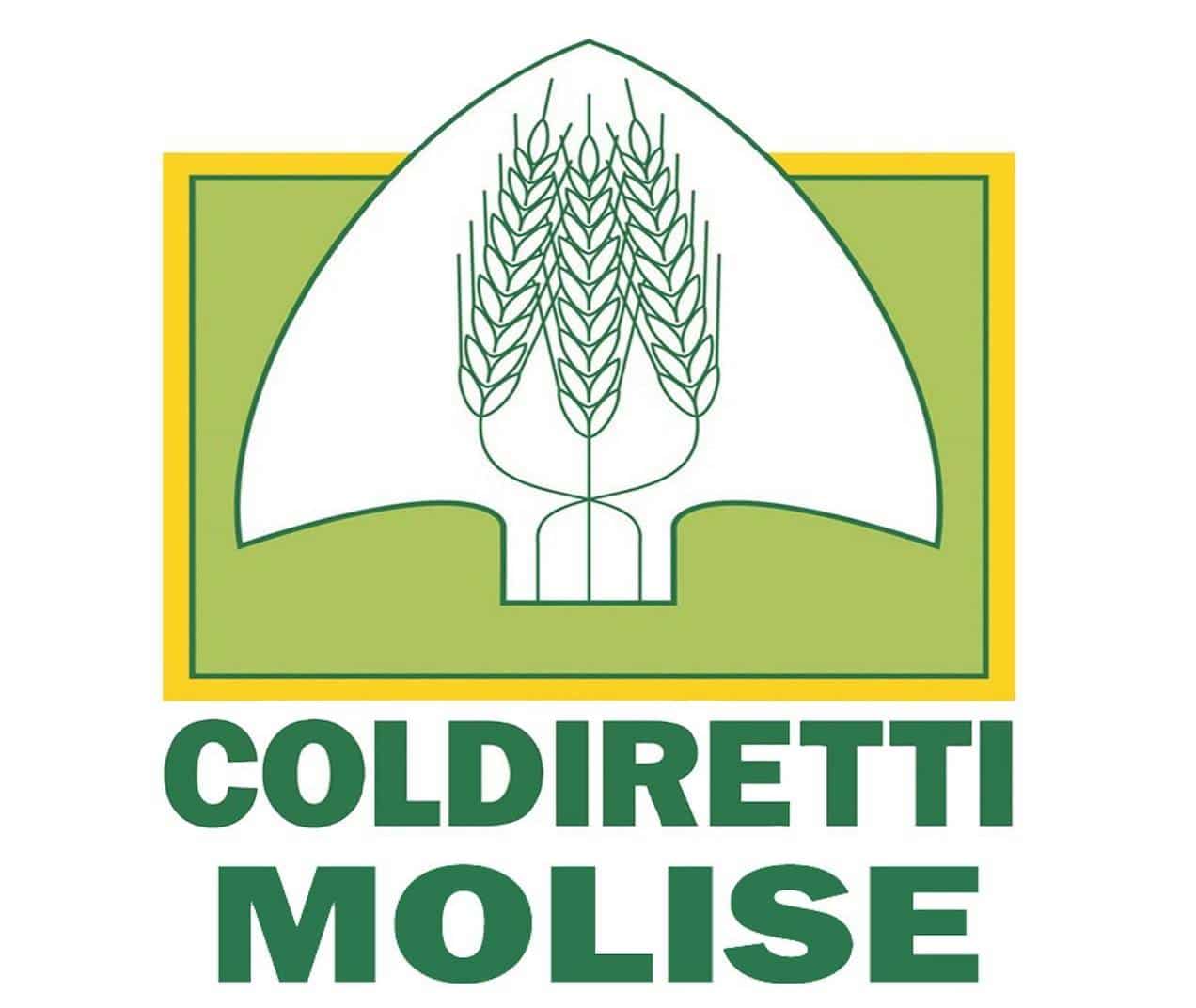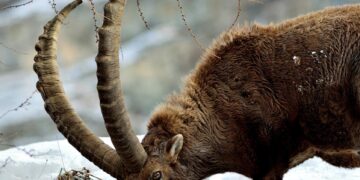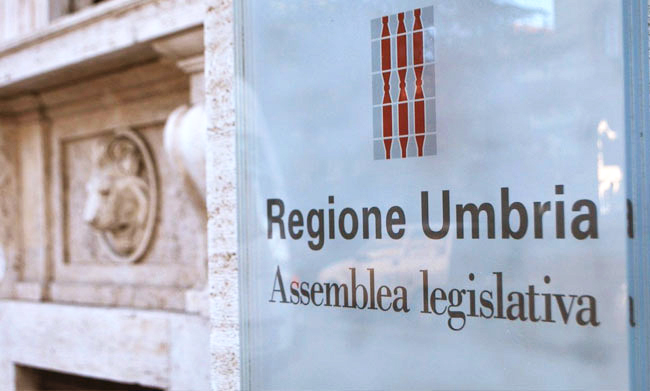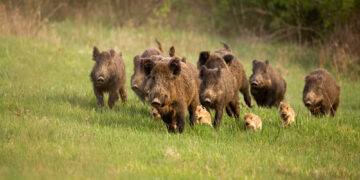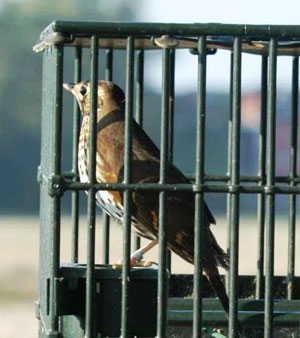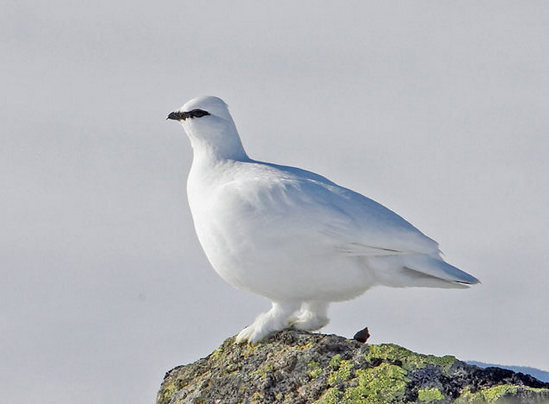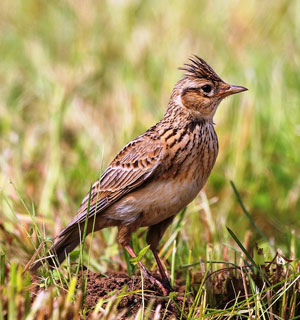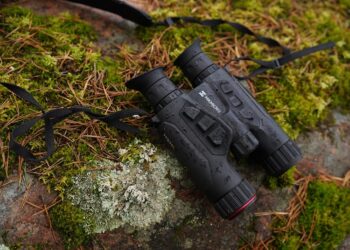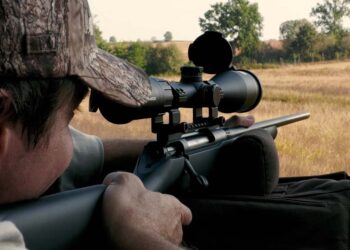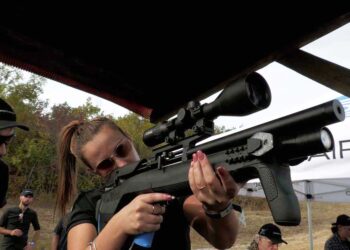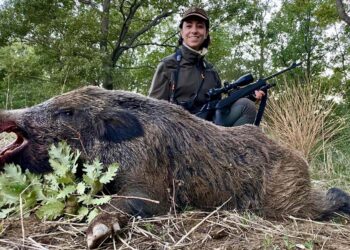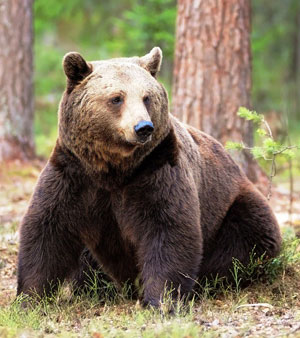
Hunting in Croatia: Bears on the rise, Croatia opens the hunt. The Zagreb Ministry of Agriculture authorizes the culling of 120 specimens. Only the killing of pregnant females is prohibited.
In two weeks, the bear hunting season begins in Croatia, a country that records a continuous increase in the presence of bears and currently has between 1.200 and 1.400 specimens. Most of them live in the Rijeka region and we are talking about the hinterland of Kvarner, Gorski kotar, where in the last 20 years (due to wars) there has been an accentuated emigration of plantigrades from the East of the former Yugoslavia, mainly from Bosnia and Herzegovina. Frightened by gunfire and explosions and by the wild behavior of man, not controlled for years by the institutions, many bears have moved to the West, coming into not easy contact with the autochthonous confreres of Croatia. The lack of space and food forced many bears to choose the sea route, arriving along the Kvarner coasts and also on the island of Krk, with slaughter of sheep and lambs.
The Croatian Ministry of Agriculture has approved the culling of 2014 bears in 120, to be carried out no later than 15 December. A decision that certainly will not have pleased the environmentalists - but for now they are silent -, and was instead greeted favorably by hunters. "The brown bear is a species that is not at all at risk of extinction in Croatia - said Mile Uvarkovi", secretary of the hunting union of the Lika and Segna County -. The population is constantly increasing as the annual abatement quotas are implemented in the amount of 70–80 percent. This is because the costs of permits to kill bears are very high. It ranges from a minimum of 655 to a maximum of 9180 euros, with the average being 3 euros ».
According to Uvarkovic, the cost of culling bears is much cheaper in Romania and Bulgaria and this is where side-by-side shots are very active. Compared to Slovenia, where bears are seen as exclusively harmful animals (so experts from Imperial College London), in Croatia there is a positive attitude towards these animals. Local autonomies and hunting societies receive considerable sums of money thanks to the bears, which also creates jobs.
If in the subalpine country, in the last five years 20 per cent of the Ursine population has been killed, in Croatia 7-8 per cent has been eliminated. In the country, the culling of plantigrades is strictly controlled, with very heavy fines for those who kill pregnant females. Poaching is very rare in Croatia, being a very difficult species to follow, kill and hide due to its size. According to the representative of hunters, therefore, the Croatian model of "management" of bears gives excellent results and can be taken as an example by other countries.
di Andrea Marsanich
The Little Gelocal.it
01.09.2014










